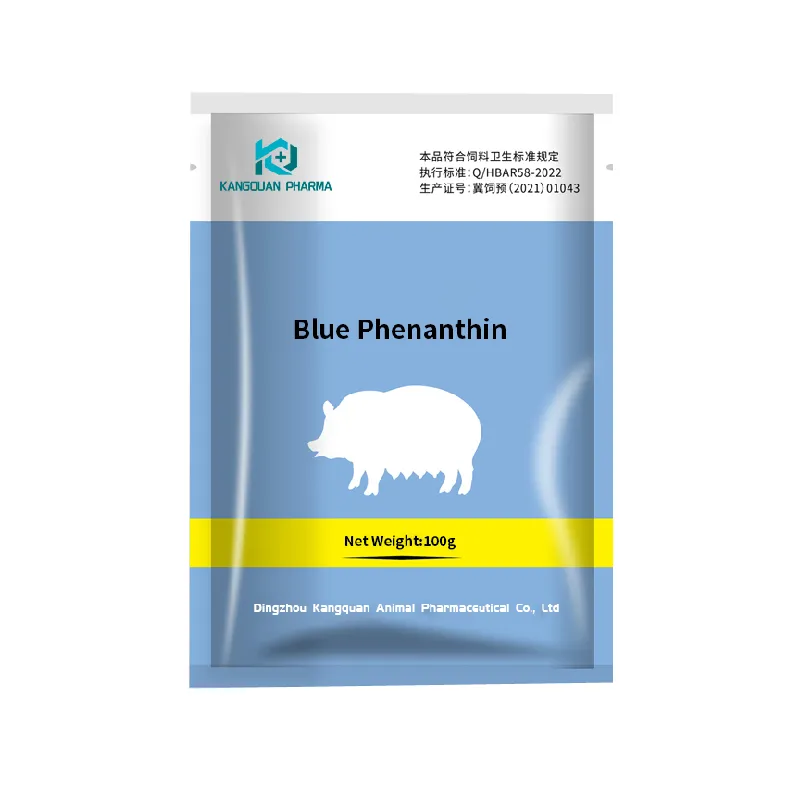- Afrikaans
- Albanian
- Amharic
- Arabic
- Armenian
- Azerbaijani
- Basque
- Belarusian
- Bengali
- Bosnian
- Bulgarian
- Catalan
- Cebuano
- Corsican
- Croatian
- Czech
- Danish
- Dutch
- English
- Esperanto
- Estonian
- Finnish
- French
- Frisian
- Galician
- Georgian
- German
- Greek
- Gujarati
- Haitian Creole
- hausa
- hawaiian
- Hebrew
- Hindi
- Miao
- Hungarian
- Icelandic
- igbo
- Indonesian
- irish
- Italian
- Japanese
- Javanese
- Kannada
- kazakh
- Khmer
- Rwandese
- Korean
- Kurdish
- Kyrgyz
- Lao
- Latin
- Latvian
- Lithuanian
- Luxembourgish
- Macedonian
- Malgashi
- Malay
- Malayalam
- Maltese
- Maori
- Marathi
- Mongolian
- Myanmar
- Nepali
- Norwegian
- Norwegian
- Occitan
- Pashto
- Persian
- Polish
- Portuguese
- Punjabi
- Romanian
- Russian
- Samoan
- Scottish Gaelic
- Serbian
- Sesotho
- Shona
- Sindhi
- Sinhala
- Slovak
- Slovenian
- Somali
- Spanish
- Sundanese
- Swahili
- Swedish
- Tagalog
- Tajik
- Tamil
- Tatar
- Telugu
- Thai
- Turkish
- Turkmen
- Ukrainian
- Urdu
- Uighur
- Uzbek
- Vietnamese
- Welsh
- Bantu
- Yiddish
- Yoruba
- Zulu
8 月 . 25, 2024 11:18 Back to list
Ivermectin Injection 100ml for Effective Parasite Treatment and Prevention
Ivermectin Injection 100ml Overview and Applications
Ivermectin is a widely recognized antiparasitic agent that has found substantial utility in both veterinary and human medicine. Particularly, the formulation of Ivermectin in a 100ml injectable solution has garnered attention for its effectiveness in treating a variety of parasitic infections. This article explores the characteristics, uses, and considerations related to Ivermectin injection.
Composition and Mechanism of Action
Ivermectin, a derivative of avermectin, is known for its ability to disrupt the nervous system and muscle function of parasites, ultimately leading to their paralysis and death. The injectable form typically contains 1% (10mg/ml) of Ivermectin, making it convenient for both large and small animal applications. Its mode of action primarily involves binding to glutamate-gated chloride channels and other ion channels in nerve and muscle cells, which is particularly lethal to nematodes and arthropods.
Applications in Veterinary Medicine
Ivermectin injection is predominantly utilized in veterinary settings. It serves as an effective treatment for various parasitic infections in livestock and companion animals. Common applications include the treatment of heartworm in dogs, as well as controlling infestations of mites, lice, and other ectoparasites in cattle, pigs, and sheep. The injectable solution allows for easy administration in larger animals, ensuring proper dosage and absorption.
ivermectin injection 100ml

Human Medicine Applications
Although primarily used in animals, Ivermectin has been utilized in human medicine to treat conditions such as onchocerciasis (river blindness) and lymphatic filariasis. The injectable form, however, is less common for human use, as oral formulations are predominantly preferred due to convenience and safety. It is imperative to note that any utilization of Ivermectin in humans should be guided by medical professionals and based on approved indications, dosage, and safety profiles.
Safety and Side Effects
The safety profile of Ivermectin is generally favorable when used correctly; however, it may lead to side effects in certain cases. Commonly reported adverse reactions include dizziness, fatigue, gastrointestinal disturbances, and skin rashes. In some sensitive populations, especially when overdosed, it can cause more severe complications, such as neurological effects or an exaggerated inflammatory response to dying parasites. Therefore, it is crucial that veterinarians and healthcare providers adhere to recommended dosages and monitoring protocols.
Conclusion
Ivermectin injection in a 100ml formulation represents a significant medical tool in both veterinary and human health sectors. Its effectiveness against a range of parasitic infections makes it invaluable for treating both livestock and companion animals. While the injectable form is less common in human applications, Ivermectin remains a critical medication in combating certain parasitic diseases. As with all medications, responsible use and adherence to established guidelines are essential to ensure safety and optimize therapeutic outcomes. Thus, ongoing research and vigilance related to Ivermectin continue to be paramount in maximizing its benefits while minimizing risks.
-
The Power of Radix Isatidis Extract for Your Health and Wellness
NewsOct.29,2024
-
Neomycin Sulfate Soluble Powder: A Versatile Solution for Pet Health
NewsOct.29,2024
-
Lincomycin Hydrochloride Soluble Powder – The Essential Solution
NewsOct.29,2024
-
Garamycin Gentamicin Sulfate for Effective Infection Control
NewsOct.29,2024
-
Doxycycline Hyclate Soluble Powder: Your Antibiotic Needs
NewsOct.29,2024
-
Tilmicosin Premix: The Ultimate Solution for Poultry Health
NewsOct.29,2024













